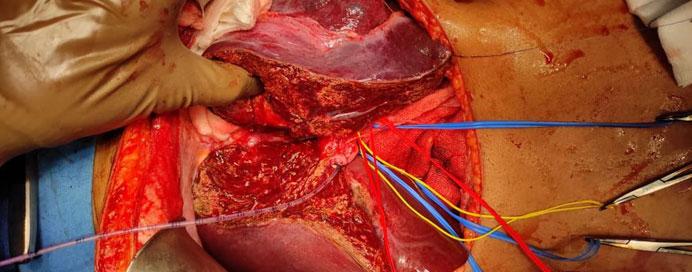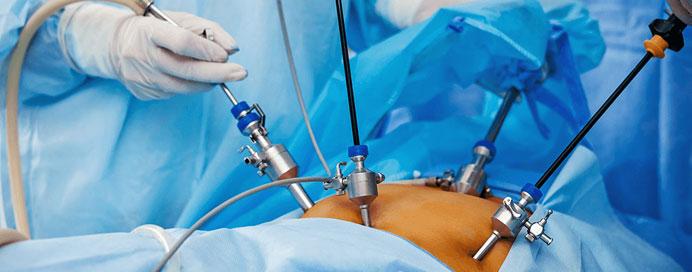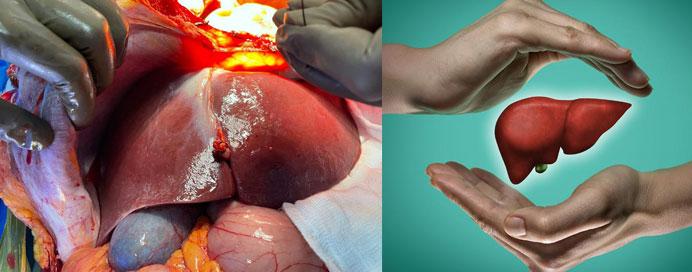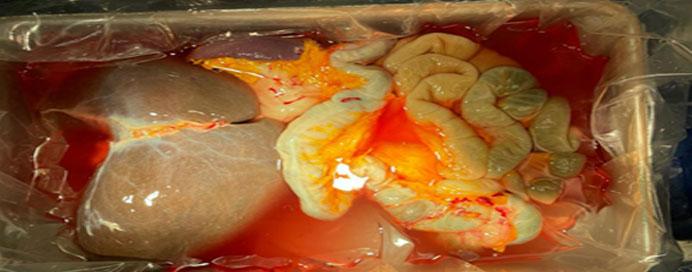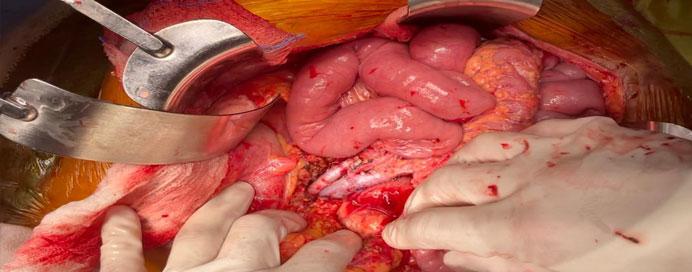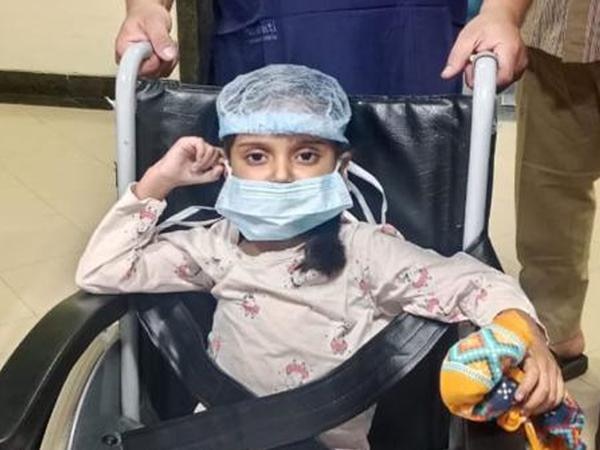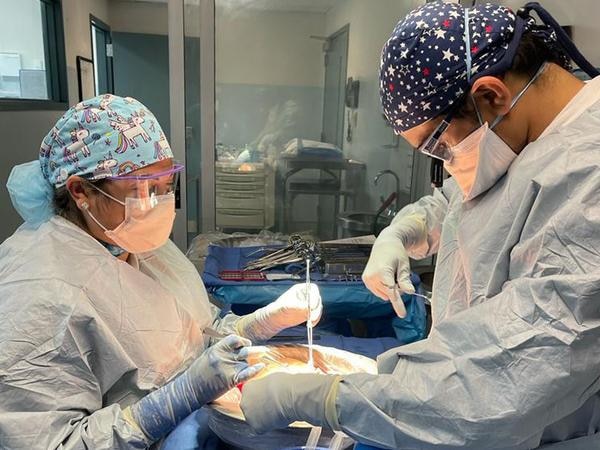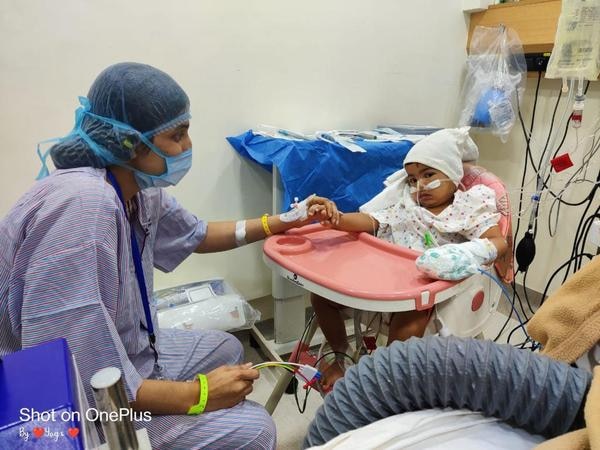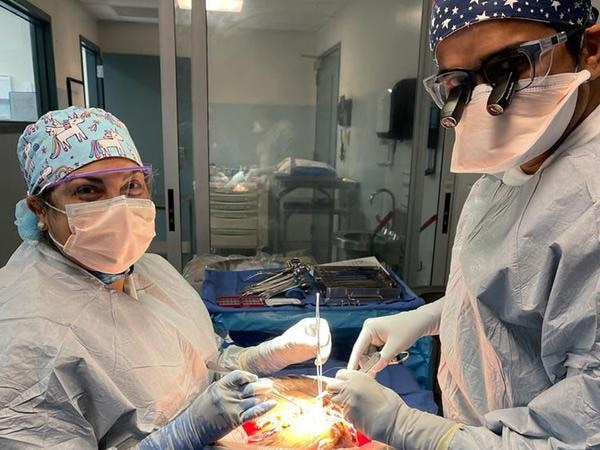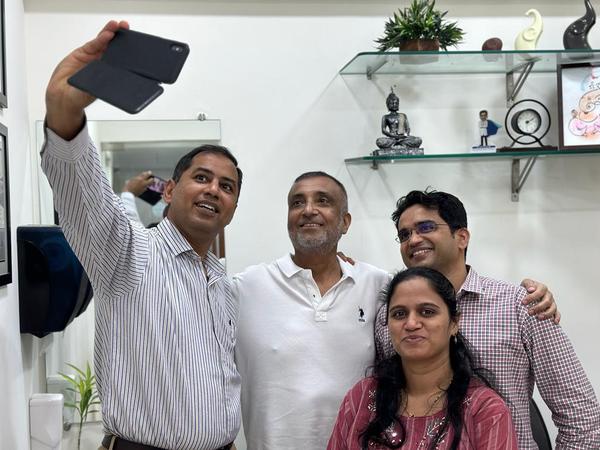Liver Transplantation
Liver transplantation is a surgical procedure performed to replace a diseased liver with a healthy liver from another person. It is typically considered when a person has end-stage liver disease (ESLD) or acute liver failure that cannot be treated with other medical or surgical interventions.Indications for Liver TransplantationChronic Liver Disease:Cirrhosis due to hepatitis B or CAlcoholic liver diseaseNon-alcoholic steatohepatitis (NASH)Primary biliary cirrhosisPrimary sclerosing cholangitisGenetic liver diseases such as Wilson's disease or hemochromatosisAcute Liver Failure:Severe, sudden liver failure caused by drug-induced liver injury (e.g., acetaminophen overdose), viral hepatitis, or other causesLiver Cancers:Hepatocellular carcinomaCertain metastatic liver cancersTypes of Liver TransplantsDeceased Donor Liver Transplant (DDLT): The liver is obtained from a person who has died and whose family has agreed to donate their organs.Living Donor Liver Transplant (LDLT): A portion of the liver is donated by a living person, often a relative or friend. The liver has the unique ability to regenerate, so both the donor's remaining liver and the transplanted liver portion can grow back to normal size.Evaluation ProcessMedical Evaluation: Comprehensive tests to assess the extent of liver disease and overall health, including blood tests, imaging studies (like CT or MRI), heart and lung function tests, and screening for infections.Psychosocial Evaluation: Assessment of the patient's mental health, support system, and ability to adhere to the post-transplant regimen.Multidisciplinary Review: A team of specialists, including hepatologists, surgeons, nurses, social workers, and dietitians, reviews the case to determine eligibility for transplantation.Transplant ProcedurePreoperative Care: Includes preparing the patient physically and mentally for surgery, addressing any infections or other medical conditions, and ensuring optimal nutrition.Surgery: The diseased liver is removed and replaced with the donor liver or liver portion. This complex surgery typically takes several hours.Postoperative Care: Intensive monitoring in the ICU, managing pain, preventing infections, and initiating immunosuppressive therapy to prevent organ rejection.Post-Transplant CareImmunosuppressive Medications: To prevent the body from rejecting the new liver, lifelong immunosuppressive drugs are necessary.Regular Follow-Up: Ongoing monitoring of liver function, detecting potential complications early, and adjusting medications as needed.Lifestyle Modifications: Adopting a healthy lifestyle, including a balanced diet, regular exercise, avoiding alcohol, and managing any other chronic conditions.Complications and RisksRejection: The immune system attacking the new liver.Infections: Due to immunosuppressive medications.Bleeding and Blood Clots: During or after surgery.Primary Non-function: The new liver does not function properly after transplantation.Recurrence of Liver Disease: The original liver disease affecting the new liver.OutcomesLiver transplantation can significantly improve survival and quality of life for patients with severe liver disease. Success rates have improved over the years, with many patients living for decades post-transplant. Regular follow-up and adherence to medical advice are crucial for long-term success.If you have specific questions or need more detailed information about any aspect of liver transplantation, feel free to ask!
READ MORE


